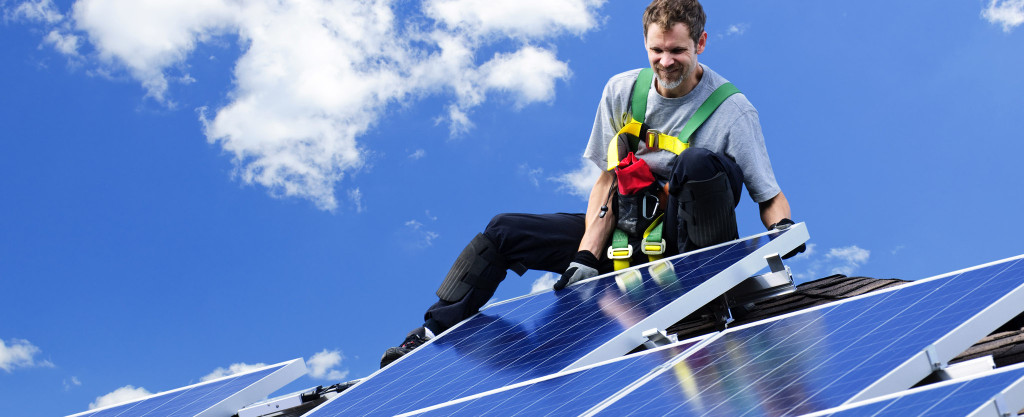Their privatisation was part of the deal the Cyprus Government struck in exchange for a life-saving loan, and although the latest report was generally positive, the Commission’s representatives stressed that the issue has not been resolved yet.
Cyprus will have to report on the concrete steps taken regarding this at the European Commission meeting next week.
The head of the union, Andreas Panorkos, apologised that afternoon for the inconvenience, and stated that the protesters were fighting not only for their rights, but for the benefit of ordinary citizens as well. According to Mr. Panorkos, the AHK’s transition into private hands would inevitably lead to a significant increase in electricity prices.
It’s difficult to argue with this, but at the same time people still remember the rise in the cost of electricity when there was the explosion at the power plant in Limassol. Two questions arise.
As the expression goes “only that which can be measured can be improved”, so we should start by getting a meter to determine which appliance is consuming the most energy, and how much we consume per day.
The second step should be to replace conventional light bulbs – those marked ‘economical’ consume as much as 3 times less energy.
Thirdly, look carefully at your electricity bill. Note that the rate varies depending on the time of day, so it makes sense to use some appliances during the ‘cheaper’ period.
Is it possible to use alternative energy sources instead?
You will need to decide if you can get enough power from this source, and then write to the AHK informing them that you no longer require a service from them.
If not, then you will need to sell the energy produced by your solar panels to the AHK. The energy is consumed as before and you will just pay the difference.
Let’s say you’ve weighed all the pros and cons and have decided to install the system and sell to the electricity company. What will you need and how much will it cost? This will depend on the area you live in and the power you require.
For example: a small house with a total area of 140 m2 and 2 occupants. In this case the power consumption does not exceed 5 kW and so the approximate prices, based on the set parameters would be:
- Solar panels – €4,000.
- Controller charge – €200 .
- Batteries – €4,000.
- Inverter – €1,000.
Total: €9,200
Given that the electricity bill comes each month in the amount of €200, then we can see that the system will pay for itself in less than 4 years. If you still use the electricity company’s services then you can deduct the expensive batteries and “turnkey” system from the cost and your savings will be even greater.
So you have to agree, it’s worth considering.
Alternative energy companies in Cyprus
